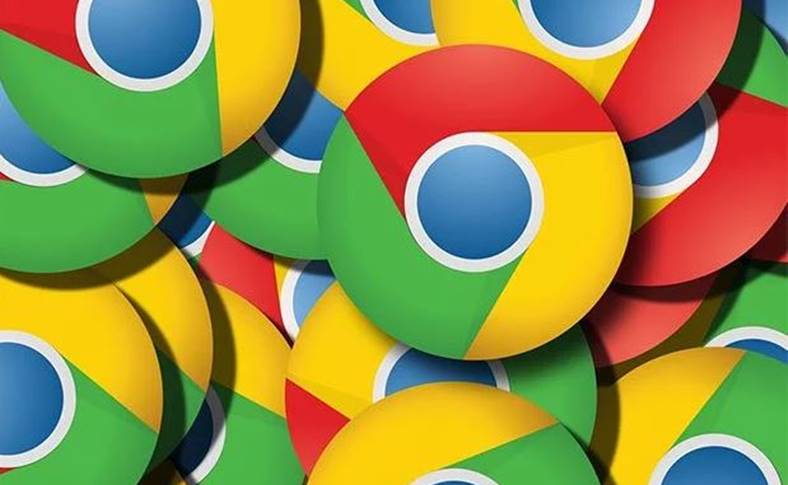Google Chrome. O schimbare extrem de mare este pregatita de catre compania Google pentru browserul sau atat de popular, ea urmand a creste subtantial vitezele de navigare pe internet pentru utilizatori. Mai exact, Google Chrome urmeaza sa aiba o functie care se numeste Never Slow Mode, activarea ei eliminand anumite elemente din paginile web accesate de catre noi, totul pentru a face incarcarea website-urilor mult mai rapida decat pana in prezent.
Google Chrome. Functia este menita pentru a fi folosita doar pe website-urile care incarca elemente web de dimensiune foarte mare, acestea fiind eliminate, pentru ca intreaga pagina sa fie incarcata mult mai repede. Desi incarcarea website-urilor se face mai repede, nu trebuie sa traiti cu iluzia ca Google Chrome va consuma mai putina memorie in tot acest proces, deoarece acest lucru nu se va intampla, cantitatea de resurse necesare fiind aceeasi, din pacate.
Google Chrome va incarca paginile web cu viteza luminii multumita acestei functii
Google Chrome. Printre elementele din paginile web pe care functia le va elimina la incarcare se numara imaginile, fisierele cu codul CSS al temei, javascript-urile, fonturile, si orice fel de script-uri care au dimensiune mare. In momentul de fata functia noua pentru Google Chrome este in proces de dezvoltare la inginerii celor de la Google, si nu face parte nici macar din versiunile alpha a browserului, asa ca nu e deocamdata pregatita pentru a fi oferita pentru testare.
Currently blocks large scripts, sets budgets for certain resource types (script, font, css, images), turns off document.write(), clobbers sync XHR, enables client-hints pervasively, and buffers resources without ‘Content-Length’ set, Budgets are reset on interaction (click/tap/scroll). Long script tasks (> 200ms) pause all page execution until next interaction.
Google Chrome. Utilizatorii cer de foarte mult timp noi functii care sa imbunatateasca experienta de navigare pe internet, iar incetul, cu incetul, cei de la Google le ofera, dar nu chiar asa cum se astepta lumea. Din pacate, inca n-a fost gasita o solutie pentru a reduce substantial consumul de resurse, memorie RAM in principal, pe care Google Chrome il genereaza, asa ca abia cand se va intampla asta, vom vorbi despre o schimbare majora pentru browser.






















